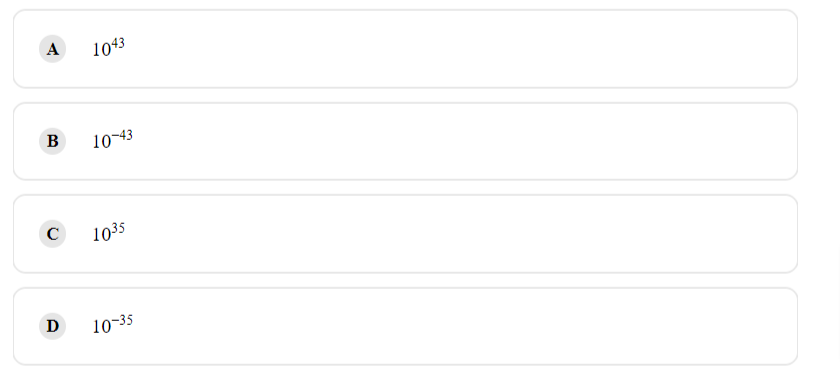What is the leading thing I will learn from calculus?
What is the leading thing I will learn from calculus?
If you're in your freshman year, then audit the class. You won't get a grade, but you'll be able to see how calculus clicks for you. You might be surprised. Calc I was very easy for me. Calc II is fundamentally easy, but tedious in approach (many different methods going about solving a problem/integral). If you find yourself completely lost, you still have time to change your major and it won't hurt your GPA.
I've always been an optimist, and thought anybody could do anything with the right amount of effort and hard work, but the past few years in school I have been seeing students struggle with concepts that no amount of hard work will put them in ~top~ place. Do you want to be an effective engineer or just barely average. Is this a concern, or is it just that you might not even graduate with an engineering degree?
I find that most of the time, the correlation between fear and capability - is not as closely linked as you might think. Fear can be very irrational. Fear is also self-fulfilling. You might actually be good at math, but just don't know it because your fear manifested itself into reality.
I will say this; advance math is nothing like "math growing up". Whether that's a good thing, or a bad thing, you'll have to find out for yourself.
What is the leading thing I will learn from calculus?
This is a good question. I have spent a lot of time thinking about why stem majors are forced to take so many calculus classes and while these might not all be true, these are just my opinions. We spend so much time learning methods of differentiation and integration and then a small percentage of us use it out in the real world. So what is the actual benefit?
Problem solving. You learn that there is more than one solution to a problem. This is a valueable because if you are going into a stem career, you need to be good at solving problems obviously. If you want to proceed with one solution but find it is infeasibpe, you need to have a back up plan and another back uo plan.
Logical reasoning. You begin to learn how to read advanced math mathematics. This obviously goes much deeper once you get into calc 3 and differntial equations. There is a good amount of theory going on and its not all about crunching numbers and memorization anymore. It becomes more about being able to follow the logic of theorems to make solving problems easier. Theorems are your tools. If one cant use tools to solve simple calculus problems, how are you going to build rocket ships or build computers?
Determination. Calculus classes are not the easiest. They are time consuming and take a lot of dedication. I easily spent 10 hours a week on homework and studying for each of my calculus classes. And that was only one class of my classes each semester. Not everyone can achieve this type of focus. A lot of people have no motivation to sit and focus on something difficult for this long of a time. But it is of course important in the real world when you are solving problems for 8 hours a days, 5 days a week at a minimum. Once you get out in the real world, you will be use to the mental strain required to solve difficult real world problems.
Sure, you also learn interesting things about rates of change and areas under curves, but these other skills are obviously much more valuable. What i am trying to get at here is this: you will be smarter when you finish your calculus classes because they teach you how to use your brain effectively and you will be confident in your problem solving abilities.
What is the most important thing I will learn in calculus?
Although you will learn to differentiate and integrate functions, and that is, to a great extent, what you will be tested on, these are no longer important skills. Mathematica and similar systems can do this better than most humans. (In fact differentiation is almost trivial anyway, but integration can be hard.)
Far more important is to understand what a derivative and an integral are and how to use them in practice.
So the most important thing to learn is how to recognise when a practical problem is a calculus problem and to be able to translate it thus.
I thought I was good at math but I'm doing terribly in my first quarter of calculus. Why is it so much harder than anything else and what can I do?
Calculus is arguably the most difficult class in the first 2 years at any university. Not only for you but for the vast majority of students even Mathematics students.
I cannot say why because each student is different, but I can tell some guesses.
- Other subjects like linear algebra, analytic geometry, logic, etc… are closer to what you have previously studied in high school. Calculus involves a whole new mindset.
- The problems you will solve are not only in the “solve for x” type. That is a higher level of difficulty compared to what you have been used to.
- You may think all the subject has to do with numbers… but it is only a mask. The real core of calculus are the infinity concept, continuity, optimizations and relations.
- So you will find it difficult if you are thinking of numbers, think more in the structure of real valued functions and look more the “Why” rather than which.
- Calculus is the first advanced class, that means you have to master all the previous classes in order to understand it.
- Other subjects like algebra and geometry are not that difficult because you dont need all the knowledge of high school before you start studing them.
- Even more, it uses some tools you may not have from school; like mathematical induction, mathematical logic, and set theory for the concept of infinity and infinitesimals.
- In this aspect you may be required to write proofs but you are not trained to do so. May be you dont even know what a proof is.
As you put no specific information on where do you perceive the difficulty, i can say only vague advise:
- Read several books, not only your text book. My personal favs are:
- Courant & John,introduction to Differential and integral Calculus, tome I
- Spivak, Calculus. (One variable)
- Bartle, introduction to real analysis.
- Lang, Calculus I
- Train yourself in writing proofs, practice induction and other formal schemes.
- Read a bit about infinity in set theory in order to understand the concept of limits of successions.
- I hope it helps.
Related Posts:










Leave a Comment